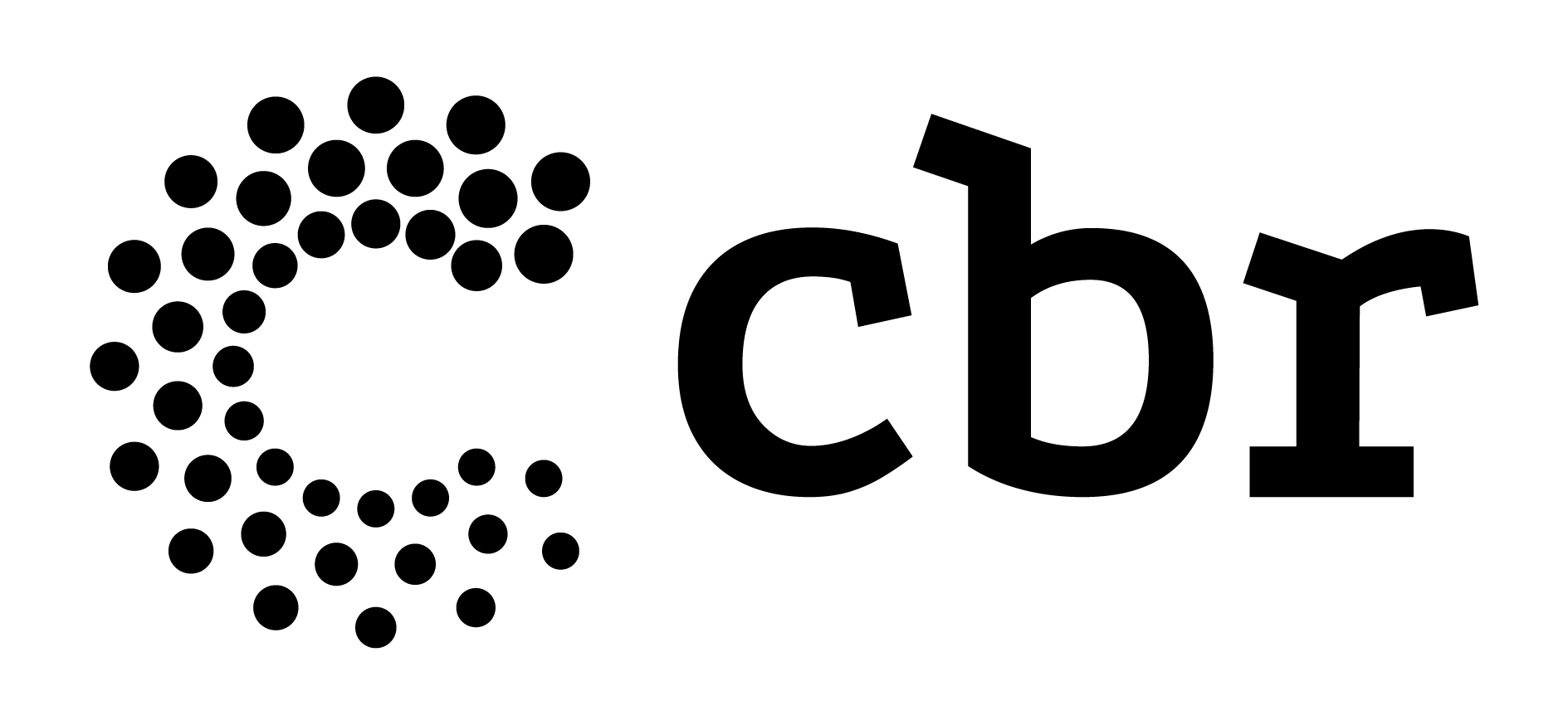The Brazilian College of Radiology and Image Diagnosis (CBR) has received alerts from some members regarding some health operators, which have reduced the values of certain procedures or even a percentage reduction on the total amount billed.
Code changes or glosses of previously authorized procedures have also occurred. The reduction takes place not only on documentation and the Operating Cost Unit (OCU), but also on medical fees.
The Code of Medical Ethics establishes principles of good medical practice related to working and care conditions, professional autonomy, freedom of choice of doctor by the patient, unrestricted availability of means of diagnosis and treatment and the dignity of professional remuneration.
Chapter I of the Code of Medical Ethics (Resolution CFM 1931/2011) reports such principles in the following paragraphs:
1) Paragraph VIII – The physician may not, under any circumstances or under any pretext, renounce his professional freedom, nor allow any restrictions or impositions that may impair the efficiency and correctness of his work.
2) Paragraph X – The doctor's work cannot be exploited by third parties for profit, political or religious purposes.
Article 19 of the same Code provides the following information: Failure to ensure, when invested in a management position or role, the rights of physicians and other appropriate conditions for the ethical and professional performance of Medicine.
Resolution 1642/2002, on the other hand, brings in its caption:
Companies that act in the form of direct provision or intermediation of medical services must be registered with the Regional Medical Councils of their respective jurisdiction, as well as respect the professional autonomy of doctors, making payments directly to them and without subjecting them to any restrictions; contracts must explicitly contain the current form of readjustment, submitting their tables to the appreciation of the CRM of the state where they operate. Medical secrecy must be respected, and the requirement to reveal data or diagnoses is not allowed.
Art. 1 - Health insurance companies, group medicine companies, medical work cooperatives, self-management companies or others that act in the form of direct provision or intermediation of medical-hospital services must follow the following principles in their relationship with doctors and users:
a) respect the autonomy of the doctor and the patient in relation to the choice of diagnostic and therapeutic methods;
b) admit the adoption of medical guidelines or protocols only when they are prepared by Brazilian specialty societies, together with the Brazilian Medical Association;
c) practice fair and dignified professional remuneration for medical work, submitting the fee schedule for approval by the CRM in its jurisdiction;
d) pay fees directly to the physician, without withholding of any kind;
e) negotiate with entities representing physicians the annual readjustment of remuneration until the month of May, preventing the professional fee from being reduced or depreciated;
f) prohibit linking medical fees to any parameters restricting the request for complementary exams;
g) respect professional secrecy, with these companies being forbidden to establish any requirement that implies the disclosure of diagnoses and facts that the doctor is aware of due to professional practice.
Thus, CBR understands that the operator represented by its technical director, as well as by its physicians in charge of management, may contradict the Code of Medical Ethics by reducing the remuneration of imaging doctors who performed previously authorized exams, unilaterally, without negotiation, restricting the freedom of professional practice through impositions that can be used to increase the profits of the supplementary health system and, therefore, exploiting medical work.
Therefore, the company contracting imaging services, in the person of its legal medical representative and its technical director, by maintaining this position, may be denounced to the Regional Council of Medicine of the respective jurisdiction.
We remind you that the best way will always be dialogue, but unfortunately the impositions and reductions in fees have been a common behavior of several operators.
Radiology associations in the respective region, duly represented by their members, may mediate such negotiations in the search for a solution.
The CBR makes itself available for whatever is necessary in relation to this matter.
Dr. Cibele Alves de Carvalho
Director of Professional Defense at CBR




